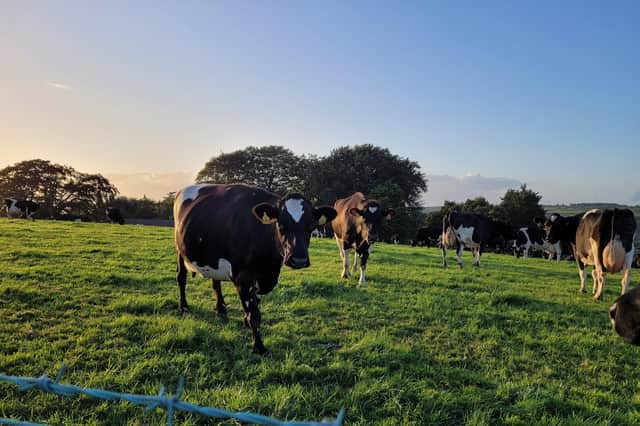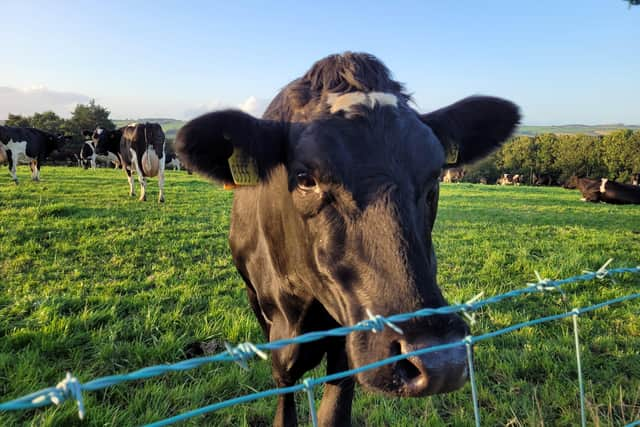Belfast farm apologises for milk incident. Are there health benefits to raw milk and who should avoid it?


Anyone who bought milk from the machine before 2pm on 26 October was reassured it was not dangerous for most people, but anyone who is immunosuppressed was advised not to drink it and that a refund would be issued.
The family-run farm business - open to the public for over 30 years - stated this was the first batch that had failed in two decades, but they assured customers they had got to the bottom of the cause and that it would not happen again.
Advertisement
Advertisement
While some were concerned by the news shared on the farm’s Facebook page, others came to Streamvale’s defence and said they had been drinking milk ‘straight from the cow’ since they were children.


Indeed, there appears to be a growing market for raw milk, which many believe is healthier.
Before pasteurisation was introduced, all milk consumed was raw.
It was French scientist, Louis Pasteur, who invented pasteurisation in the 19th century.
Advertisement
Advertisement
He discovered milk would stay fresher for longer by heating it to a high temperature and quickly cooling it before bottling.
There has been a surge in the number of people turning to natural foods to boost health in recent years, with advocates of raw milk believing it is far superior when it comes to nutrients.
Some say it contains more vitamins and minerals than pasteurised milk, as well as amino and fatty acids.
However, the Food Standards Agency warns there are some people who are “particularly vulnerable” to food poisoning and should not consume raw milk.
Advertisement
Advertisement
This includes pregnant women, infants and small children, elderly people, and those with compromised immune systems, such as cancer patients.
The FDA states: “The majority of the milk we drink in the UK is heat-treated to kill off harmful bacteria.
“Raw milk isn’t – it goes straight from the cow to the bottle.
“We advise that raw or unpasteurised milk and cream may contain harmful bacteria that can cause food poisoning.”
Advertisement
Advertisement
It is legal to sell raw milk in Northern Ireland, England and Wales but it can only be sold directly to the consumer by registered milk production farms at the farm gate or farmhouse catering operation, farmers at registered farmers’ markets, distributors using a vehicle as a shop (such as a milk round), direct online sales, or through vending machines at the farm.
The sale of raw milk and cream is banned in Scotland.
At Steamvale, they have been farming the land for over 100 years.
It is a working dairy farm where members of the public can see the cows free-ranging in the fields.
They offer feeding times with the lambs, goats and rabbits throughout the day and “care greatly” about each of their visitors.